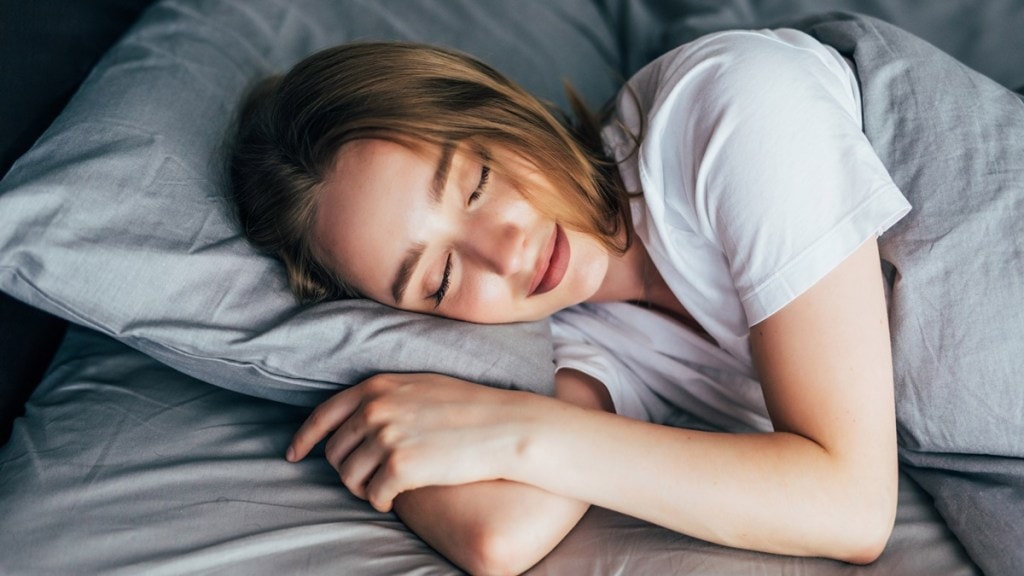A healthy sleep cycle is essential for your overall well-being. It is important to maintain your sleep-wake cycle, known as your circadian rhythm. However, things like routine changes, shift work, long-distance traveling, and jet lag can throw off your circadian rhythm.
You can improve your sleep hygiene and reset your internal clock by make even subtle changes to your lifestyle.
Here are some ways to get your sleeping schedule back on track:
- Wake Up at the Same Time Every Day: Sleep experts maintain that keeping your wake-up time constant can play a significant role in improving your sleep cycle. If you wake up at the same time every day, you will also start sleeping at the same time. Consequently, you will feel more rested and eventually start waking up naturally a few minutes before the alarm.
- Hydrate Early in the Morning: When you are sleeping, you lose one litre of water and morning rehydration can control your circadian rhythm.
- Morning Light: Expose yourself to natural light within 10 minutes of waking up and this can help set your circadian rhythm properly.
- Healthy Breakfast: Eating a balanced breakfast that includes protein, healthy fats, and complex carbs has been shown to improve sleep.
- Exercise: Exercise can not only improve your mood but it will also allow you to sleep deeper. A daily 30-minute workout will allow you to sleep deeper, more restorative sleep for longer periods of time.
- Mindful Eating at Lunch and Dinner: You should eat Mediterranean-style lunches and dinners centered around lean proteins, vegetables, and whole grains. Nutrient-rich foods such as salmon, spinach, and beans that are full of sleep-enhancing nutrients like omega-3s and magnesium can help a lot too.
- Be Mindful About Alcohol Timing: Sleep experts recommend staying away from alcohol for three hours prior to bedtime. If you drink alcohol too close to your bedtime, you may feel disoriented in the morning.
- Banana Tea Before Bed: A cup of banana tea 30 minutes before bed can also improve your sleep significantly. The magnesium in the banana peel is known to have calming effects, helping to prepare the body for sleep.
- Limit Blue Light Exposure: Cut out screen time at least 90 minutes before bed. Sleep experts maintain that blue light from phones and computers disrupts the production of melatonin, the hormone that regulates sleep.
- Find the Right Pillow: Choose soft pillows that suits your sleep position better can be extremely effective. You may also notice significant reduction in neck and shoulder discomfort, leading to better sleep quality.
